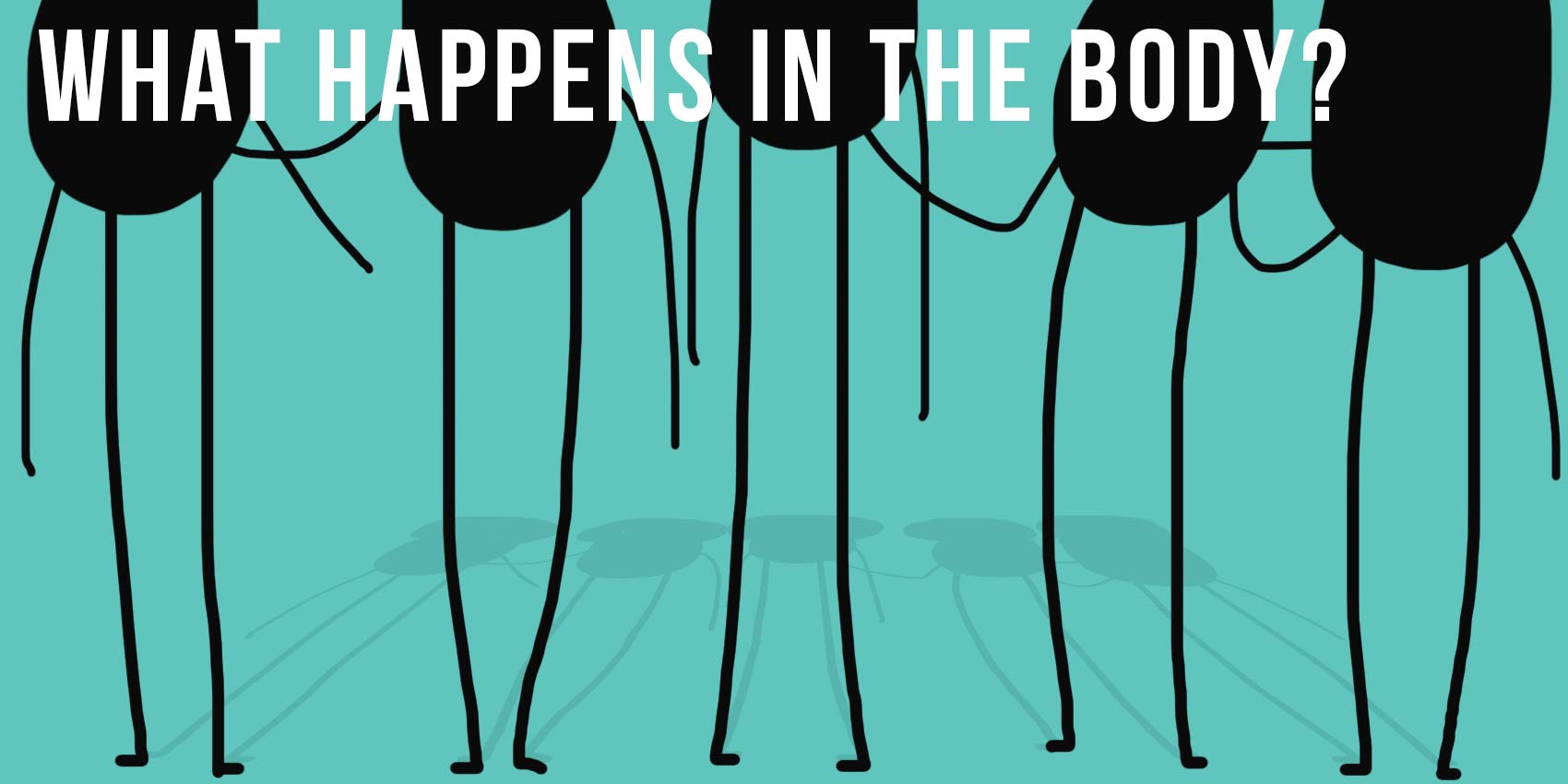28 Jul What happens in the body?

When a person is in need of the chest compressions they are in what is called “cardiac arrest.”

Cardiac Arrest: The sudden stop of the heartbeat and cardiac function resulting in the loss of blood circulation in the body.
You’ve probably heard of people having a heart attack. When people suffer a heart attack they may or may not end up in cardiac arrest. But the real danger is that they can and if their heart stops beating they are in immediate danger of dying.
Why is cardiac arrest bad? Your blood carries oxygen throughout your body. It goes from the heart to the lungs, through the body, and back again. During cardiac arrest, the heart stops so blood stops flowing. If the blood can’t flow to the lungs to receive oxygen, it can’t bring back oxygen to the rest of your body! And without oxygen, you can’t live. (For more detail, see the Respiratory System)
When you perform CPR on person in cardiac arrest, you are manually restoring blood circulation and, thus, oxygen throughout the body since the blood carries oxygen. This is critical! By performing CPR, you are also literally supplying the oxygen to the brain to keep someone’s brain functioning until paramedics can arrive and try to get the heart working again.
Mouth-to-mouth, also referred to as artificial respiration (fake breathing), puts much needed oxygen into the lungs. So some people will perform mouth-to-mouth, as well as chest compressions, in situations where the victim may have been deprived of clean oxygen (for example if they breathed in smoke from a fire or toxic fumes from a car exhaust).

DID YOU KNOW? When you breathe out out, you exhale carbon dioxide and about 20% oxygen. That oxygen content, although low, is better than no oxygen at all. That’s how CPR works!
Remember, mouth-to-mouth is no longer required, but would be a nice thing to help put some needed oxygen into the lungs.




Post Question:
Has anyone you know ever had a heart attack or needed CPR? Tell the story here.
Answer the post question here
What's being said